Oxfam has warned that over six million people from farming families in Zambia might face acute food shortages and malnutrition until next growing season.
President Hakainde Hichilema on March, 29, 2024 declared the current drought as a disaster and emergency, saying the country had gone without rain for five weeks at a time when farmers needed it the most.
In a statement issued in Lusaka on Wednesday, Yvonne Chibiya, Oxfam Zambia Country Representative said the organization and its partners were doing further assessments in the targeted districts to inform the humanitarian response.
“Oxfam urgently needs €6 million to provide 600,000 people with cash transfers and clean water, help with winter cropping and improving local sanitation and hygiene services to prevent a resurgence of cholera outbreak,” Chibiya disclosed.
She noted that this was due to a severe drought, exacerbated by climate change and El Nino, which had caused massive crop failures for half of the nation’s “planted area”.
Chibiya stated that the drought had forced the Zambian government to declare a national disaster and emergency.
“The drought had hit 84 of the country’s 116 districts, affecting more than a million farming households,” she highlighted.
Oxfam iSouthern Africa Programme Director, Machinda Marongwe, said it was at times like this that climate financing was most needed, to build up practical and accessible solutions for vulnerable smallholder farmers like Mainza.
Marongwe stated that the commitment by rich countries, however, remained an unfulfilled one.
“As long as rich countries don’t lower their carbon emissions, we know that climate shocks will be frequent and more severe,” he said.
Marongwe stated that smallholder farmers needed to be insulated from this and must be adequately supported to transform their agriculture so that they can still grow food for their families amidst the climate change reality.
“Sadly, they are not getting support to solve problems they didn’t cause, none is coming their way because rich nations are offering nothing but lip service,” he noted.
Marongwe observed that countries like Zambia and many others in Southern Africa needed climate financing to help them build up the resilience of their smallholder farmers, because that is wearing out.
Read More: Finance Minister, Musokotwane, seeks stakeholders’ help to manage drought disaster
Ezra Banda, Director at Keepers Zambia Foundation, a partner organisation that works with Oxfam, said the crisis was coming at the time when the country was still recovering from the worst cholera outbreak that had claimed more than 700 lives.
“Urgent support in form of food and clean water is what people need the most now. Many have no food left because they did not harvest enough last year and this El Nino-induced weather phenomenon has killed the slightest hope they had to feed themselves,” Banda noted.
He added that water shortages that were likely to ensue because of low rainfall this year and that this could spark yet another cholera outbreak.
Mainza Muchindu, a smallholder farmer from Lusaka, told Oxfam: “I have a family of ten people and I depend on farming to support them. I support my children’s education through agriculture and my little children need food the most, for their nutrition. With this crop failure, I am really in trouble.”
WARNING! All rights reserved. This material, and other digital content on this website, may not be reproduced, published, broadcast, rewritten or redistributed in whole or in part without prior express permission from ZAMBIA MONITOR.



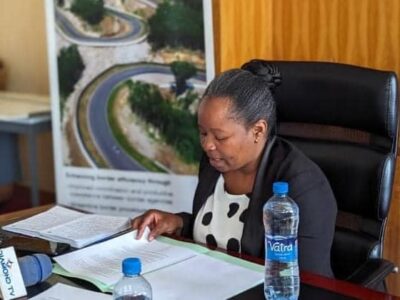
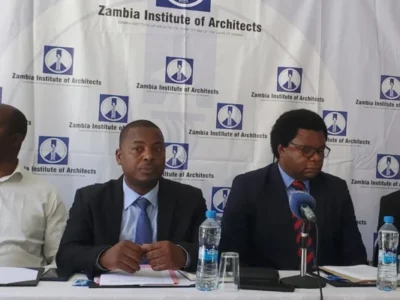
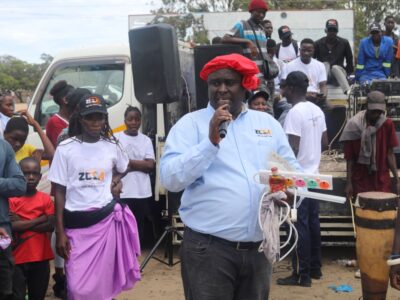
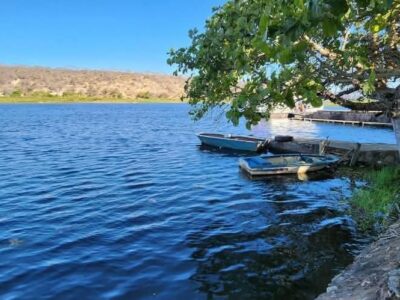
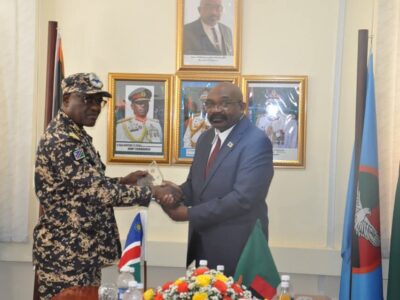




Comments